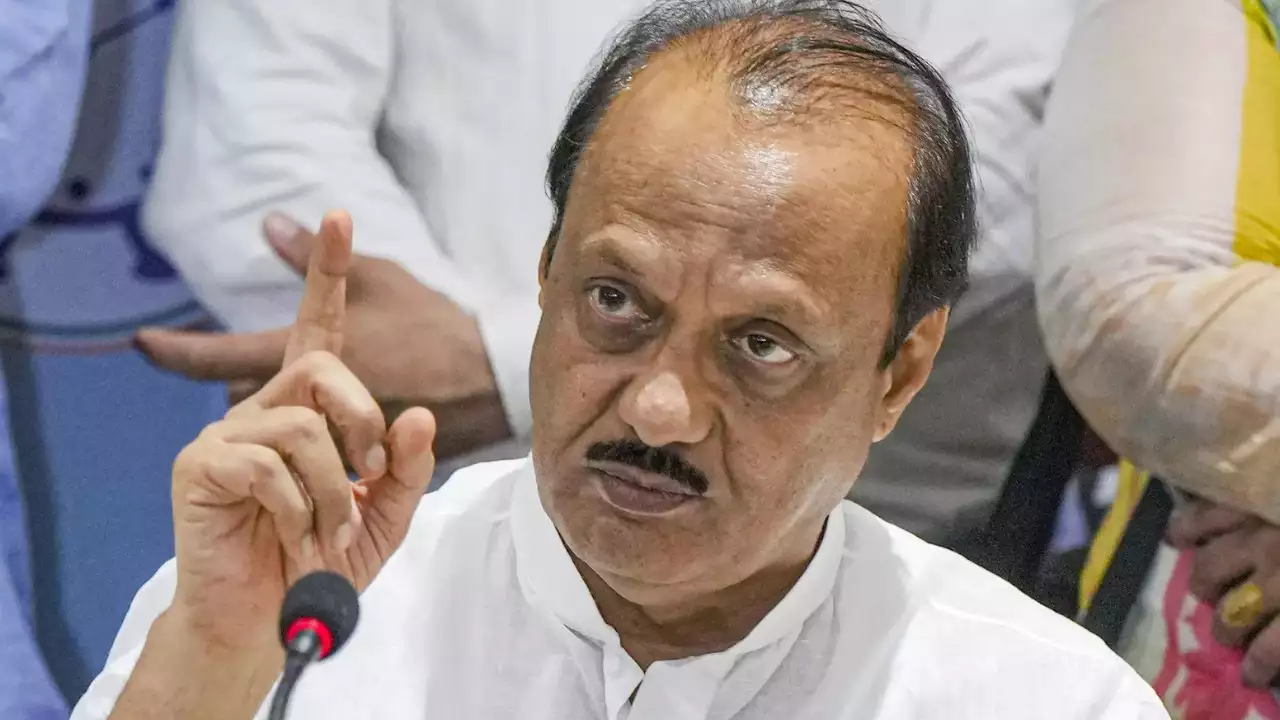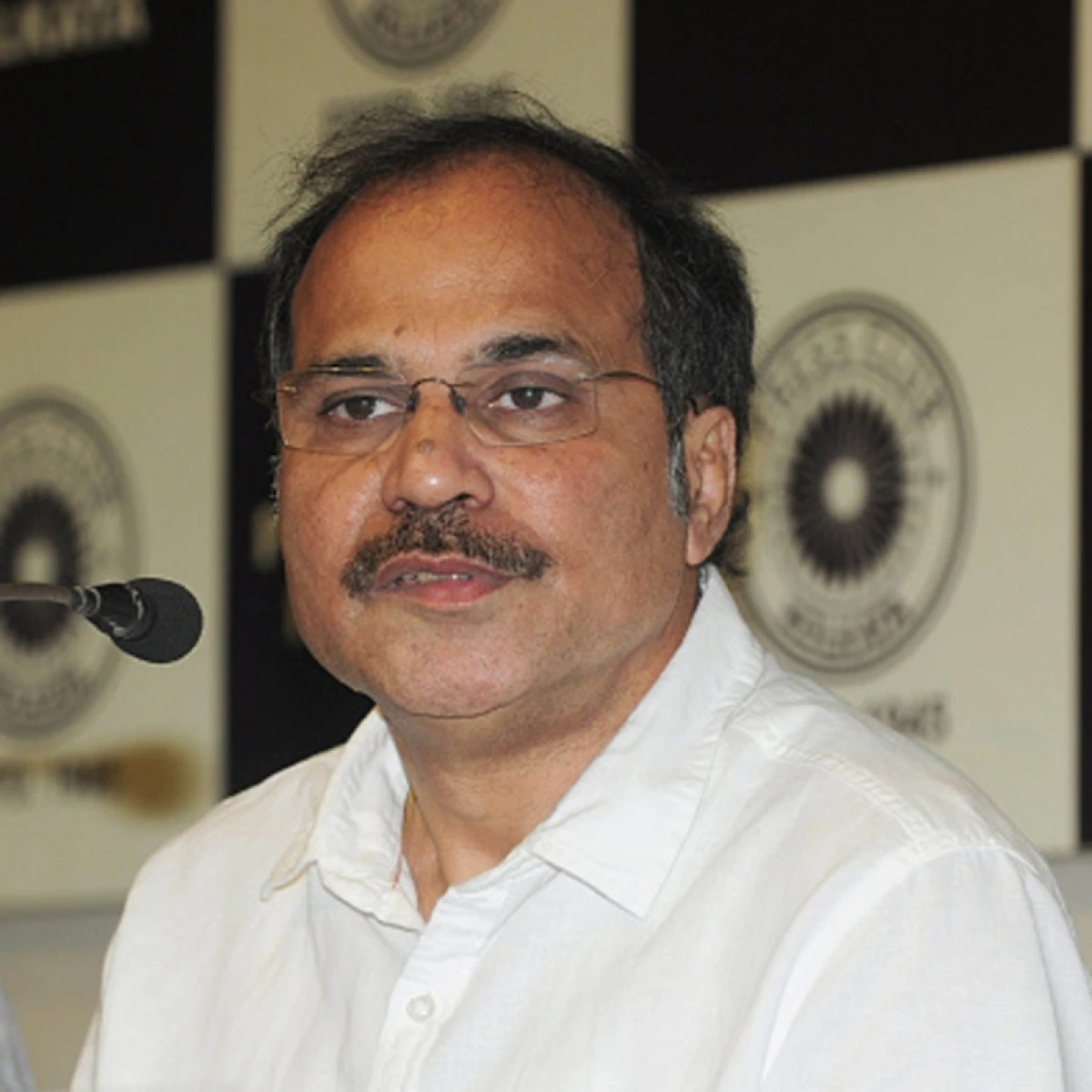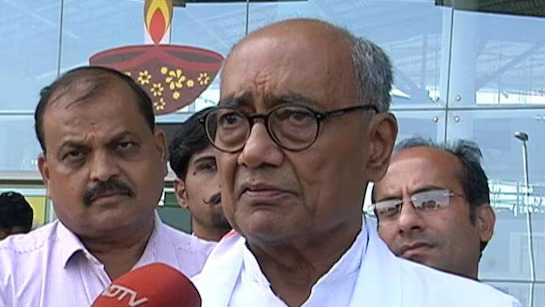15- Nov 12:30 PM Deputy Chief Minister Ajit Pawar recently made headlines with his strong stance against the divisive slogan “Batenge Toh Katenge” in Maharashtra.
Expressing his disapproval, Pawar highlighted that such rhetoric did not align with Maharashtra’s political ethos and clearly distinguished between the state’s politics and those of Uttar Pradesh.
His comments come amid rising debates on regionalism and political messaging in India, sparking discussions across the political spectrum.
Ajit Pawar Rejects Divisive Politics in Maharashtra
Ajit Pawar, a key leader within the Maha Vikas Aghadi (MVA) coalition, criticized the slogan “Batenge Toh Katenge” (translated as “if we divide, we will suffer”), calling it inappropriate and unfit for Maharashtra.
Speaking to party members and the public, Pawar underscored that Maharashtra has a distinct political culture focused on inclusivity, development, and progress rather than on divisive language or regional tensions.
Ajit Pawar emphasized that such slogans risk creating an environment of polarization, which he sees as counterproductive to Maharashtra’s history of progressive and pluralistic politics.
According to Pawar, Maharashtra has a legacy of social reform and inclusive governance, making it distinctly different from the current political climate in Uttar Pradesh.
The vision of Ajit Pawar’s for Maharashtra: Unity Over Division
In distancing Maharashtra’s politics from Uttar Pradesh, Ajit Pawar reinforced his vision of a state where unity, social welfare, and economic development remain top priorities.
He highlighted the need for positive political discourse that aligns with Maharashtra’s culture and historical values.
Pawar urged political leaders and citizens alike to resist divisive slogans, which he argued distract from the real issues that impact people’s lives, such as employment, healthcare, and education.
Pawar also stressed the importance of maintaining peace and harmony, a message that resonates deeply with Maharashtra’s rich legacy of social reform movements led by figures like Mahatma Jyotirao Phule and Dr. Babasaheb Ambedkar.
He called upon leaders from all parties to avoid language that fuels regional animosities and instead focus on issues that foster growth and unity.
The Broader Impact of Ajit Pawar’s Stand
Ajit Pawar’s comments have sparked wider discussions, with many political analysts noting the potential impact on the political landscape in Maharashtra.
His firm stance could set a precedent, encouraging other leaders to reconsider their messaging strategies.
As the Maharashtra assembly gears up for future elections, Pawar’s statement might influence campaign narratives, prompting a shift towards constructive and inclusive political discourse.
In a time when political polarization is on the rise, Ajit Pawar’s statement reflects a desire to uphold Maharashtra’s legacy as a state that values unity and progressive governance, setting it apart from divisive politics seen elsewhere.





